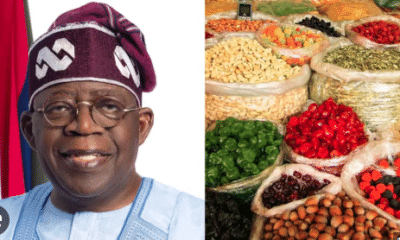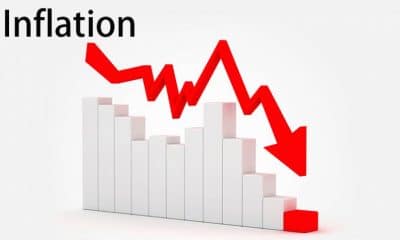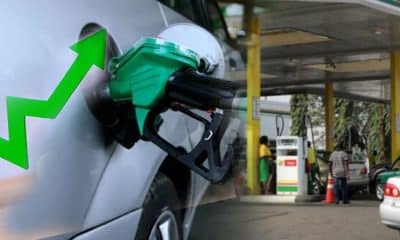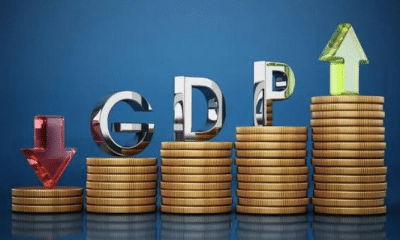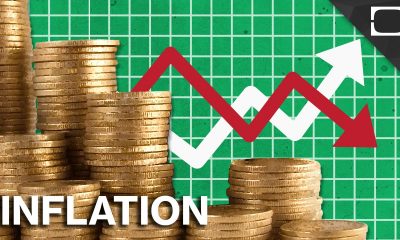Business
Price Of Kerosene Hits ₦1,340 Per Litre As Inflation Jacks Up
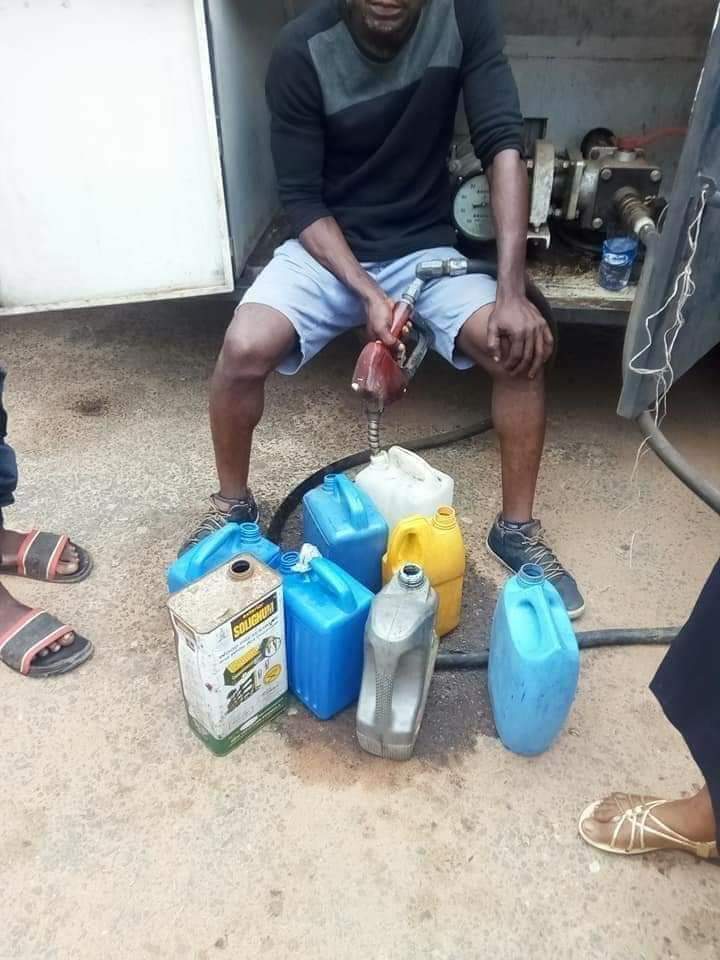
The National Bureau of Statistics (NBS) reports a significant hike in the price of Household Kerosene (HHK), a common fuel for cooking. This parallels the country’s inflation rate, which escalated to 31.70% in February.
According to Channels TV, the NBS’s latest ‘National Household Kerosene Price Watch’ reveals that the price per litre of kerosene increased from ₦1,329.53 in January to ₦1,340.94 in February 2024, marking a 0.86% rise.
This price inflation in household kerosene comes when the country’s overall inflation rate also spiked from 29.90% in January to 31.70% in February, underlining the broader economic pressures facing Nigerians.
On a year-on-year basis, the cost of kerosene per litre surged by 14.23% from ₦1,173.89 in February 2023, intensifying the financial strain on low-income families.
The state-by-state analysis shows that the highest average kerosene prices were in Kaduna at ₦1,866.67, Benue at ₦1,769.67, and Niger at ₦1,710.89.
Conversely, the lowest prices were recorded in Bayelsa at N971.00, Rivers at ₦1,065.67, and Kwara at ₦1,070.44.
Geographically, the North Central zone faced the highest costs, with an average price per litre of ₦1,486.50, while the South-South enjoyed the lowest at ₦1,231.24.
Gallon-wise, the average retail price in February 2024 was ₦4,880.02, up by 0.19% from January.
The annual increase was even starker, with a 24.29% rise from ₦3,926.23 in February 2023. Adamawa, Bauchi, and Kano topped the list for the highest per gallon prices, while Delta, Abuja, and Ondo had the lowest.
The NBS inflation report also highlighted the broad impact on various sectors, with food and non-alcoholic beverages leading the contributors to the headline inflation index.
Rising prices in essential sectors such as housing, transportation, and healthcare have a cumulative effect that further erodes the purchasing power of Nigerians, many of whom struggle to afford basic necessities.

